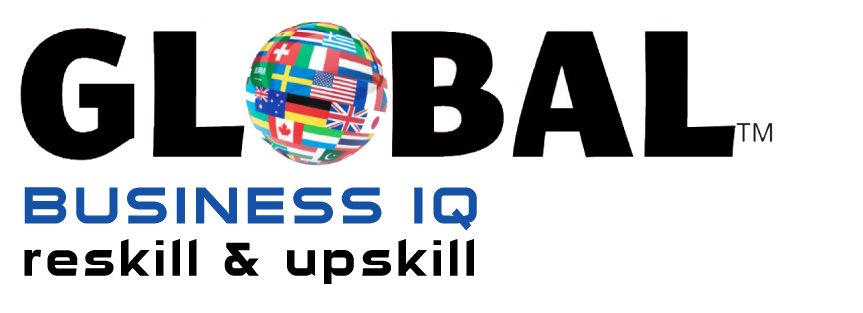
Zavahir DastoorHave you ever done a self-audit to assess the importance of which core skills do you require for the next 5 years if you want to navigate the future of work smoothly and thrive?
“Progress isn’t a matter of chance, but a result of daily self-improvement.” -Epictetus.
These words resonate deeply in the area of skill development, where pursuit of economic growth, social inclusion, and alleviating inadequacy hinges on equipping individuals with the right skills to excel in a swiftly evolving landscape.
The dynamics of work are changing rapidly, demanding this one game-changer skill – adaptability.

Click here watch GLOBAL-TVtalkshows




Data from World Economic Forum:
50% of all employees will need reskilling by 2025, as adoption of technology increases.
Respondents to the Future of Jobs Survey estimate that around 40% of workers will require reskilling of six months or less. Link to the article is in the comments.
Research says combining human-centered and evidence-based strategies is crucial to shaping a resilient workforce capable of meeting the demands of the future.
But what is your guiding-compass to transit the landscape of these ever-changing skills?
To craft your path for the skills for the future, you need to work smartly on two core skills – adaptability and critical thinking as the future is shaped by emerging technologies, global market trends, and prevalent influence of automation.
The set of in-demand or HOTS (High Order Thinking Skills) can be achieved through embracing change and building resilience because the future of work is a blend of challenges and opportunities which can be managed with focus on cognitive aspects of capabilities.
Though human potential can be unlocked through technological advancement, we still need the humane skills – creativity, and emotional intelligence, social influence, self-leadership, resilience, problem solving, decision making etc. Equipping yourself for the future necessitates a dual approach – leveraging technology with human intelligence and emotions.
With these efforts you can shape your future ensemble of potential, integrated to meet the ever-shifting pulse of the future with confident-clarity and capability.
Today what is missing in our ecosystem is embedding skills training into the learning curve right at the beginning of an employee’s training programme.
However, the need of the hour is for leadership to actively partner with clients and their internal L&D programmes to augment both, the cognitive and the non-cognitive skills.
Remember that organizations prefer and will continue to opt for candidates who are agile and creative.
So, the question is – Are you going to tweak the competition or tweak your capabilities and potential?